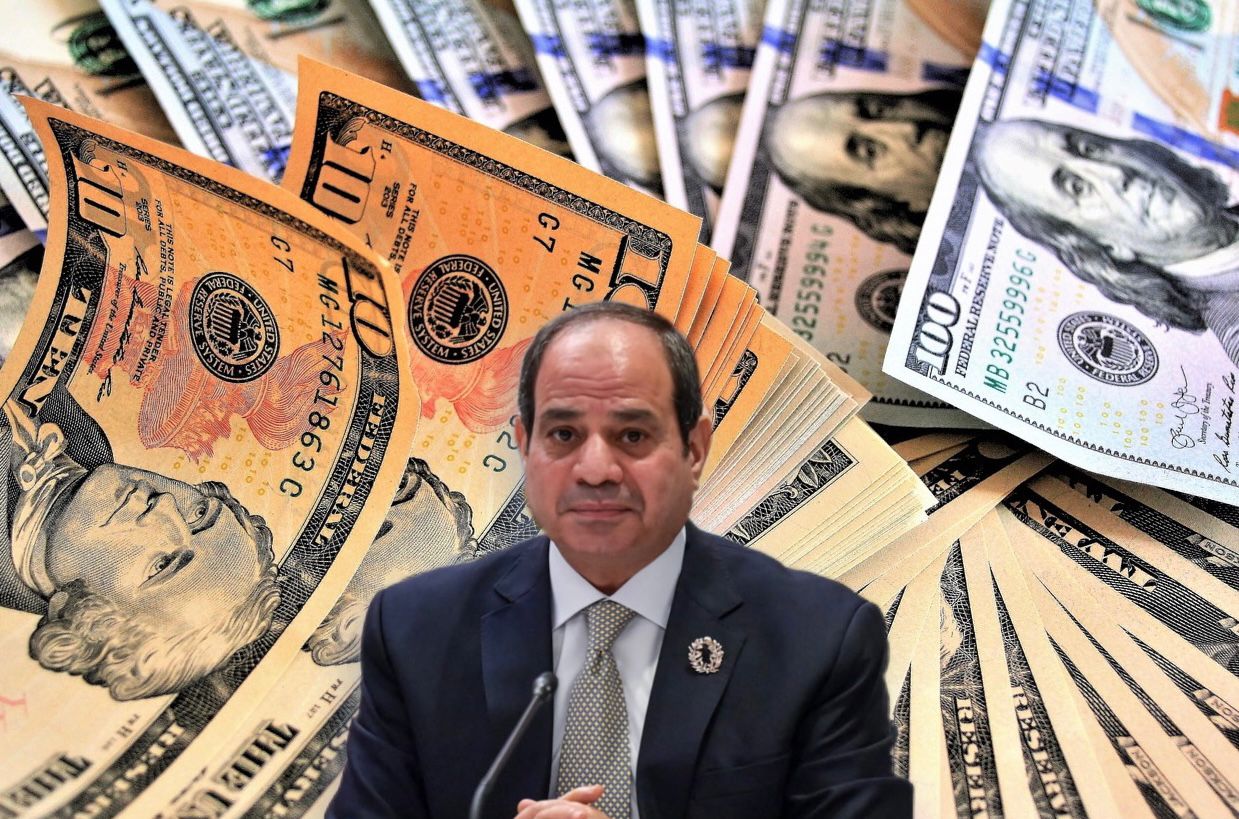Senior Egyptian justice involvement in homicide reveals the status of judiciary corruption in Egypt
A few days ago, the Egyptian Public Prosecution ordered the arrest of Justice Ayman Hajjaj, vice-president of the State Council, after lifting his judicial immunity, on charges of killing his wife and TV host Shaimaa Gamal and mutilating her body.
The crime opened the door to investigating the life of the senior justice to discover his wealth has doubled during the past few years on top of his profits from real estate projects related to the State Council Judges Club.
The Egyptian Public Prosecution said Counselor Ayman Hajjaj reported the absence of his wife, Shaimaa Gamal, who works on a TV channel. Hajjaj claimed she had disappeared from a shopping mall on the Sixth of October. A few days later, a person went to the Public Prosecution, claiming a close relationship with the justice, and gave information that the judge was involved in the murder of his wife, confirming he witnessed the murder and knew where her body was buried. The Public Prosecution obtained permission from the State Council to act against Hajjaj and began the investigation to find the wife’s body following the witness’s account. Hajjaj disappeared, but the police managed to arrest him.
Murder may not be the only charge against senior justice, as according to judicial sources, the crime details are related to Hajjaj’s exploitation of influence, profiting and inflating wealth. Judicial sources who worked with Hajjaj in the State Council Judges Club revealed his wealth doubled without this drawing the attention of the Judicial Inspection Department of the State Council to investigate it. After discovering the murder, the institution was surprised by the wealth he acquired through his work in the housing projects related to the council.
Hajjaj earned about two million pounds as a price difference from his success in selling several apartments in his favour from the units allocated to the Council of Judges Club in the Madinaty compound. The justice also misappropriated several departments in the State Council’s residential combination in the Fifth Settlement. Based on his power, the judge acquired more than one summer residence in the village of Venice on the North Coast, being a member of its board of directors. He is also engaged in commercial businesses such as cafes and restaurants, in violation of the law of the State Council and far from the eyes of the regulatory authorities.
Corruption in Egypt’s judiciary
The Egyptian judiciary does not hesitate to emphasize the justices’ honesty and that the judicial rulings are independent, non-politicized, and stem from the law rule. Several public figures in Egypt, including politicians such as later President Mohamed Morsi, writers such as Islamic preacher Safwat Hegazy, and even former justices such as Mahmoud al-Khodiry, were sentenced to years in prison on the charge of insulting the judiciary just because they raised the corruption and politicization problems of the Egyptian court. Conversely, the justices are diligent in maintaining their privileges, which include very high salaries and extras, facilities for obtaining land, real estate, and loans from the state, and above all, bequeathing their judicial positions to their sons and daughters. Nevertheless, several cases over the past few years showed the deep corruption inside the institution.
For example, Counselor Sami Abdel Rahim, head of the criminal and supreme state security Court in Port Said, was arrested last April on charges of bribery with millions of pounds to issue reduced sentences and drug, weapons and antiquities trafficking. In July 2015, a Cairo court chief was arrested in a tourist village while receiving a sexual bribe to manipulate a case he assumed. In January 2016, Counselor Wael Shalaby, secretary-general of the State Council, was arrested after being involved in illicit gain and bribery with tens of millions of pounds. Paradoxically, this bribed adviser, who committed suicide after being discovered, was the official spokesman for the State Council and responsible for the final formation of the council’s leadership positions. He also worked in the council’s technical inspection.
In June 2016, the chief of a court in Alexandria was arrested on charges of soliciting a sexual bribe to end a case before him. In November 2016, another justice was arrested while smuggling 71 kilograms of hashish (marijuana) in his car. The investigation found that the judge had been involved in drug smuggling for years. In February 2021, the head of a court in Assiut was arrested on charges of leading a gang for drug manufacture and trafficking. The justice used his judicial immunity to practice his criminal activity for years. There are many other cases involving justices using their status for illegal purposes. Those justices control the lives of thousands of defendants and political detainees who receive sentences of death and long-term imprisonment under the poster of “no objection on the judicial rulings.”





Recent Comments